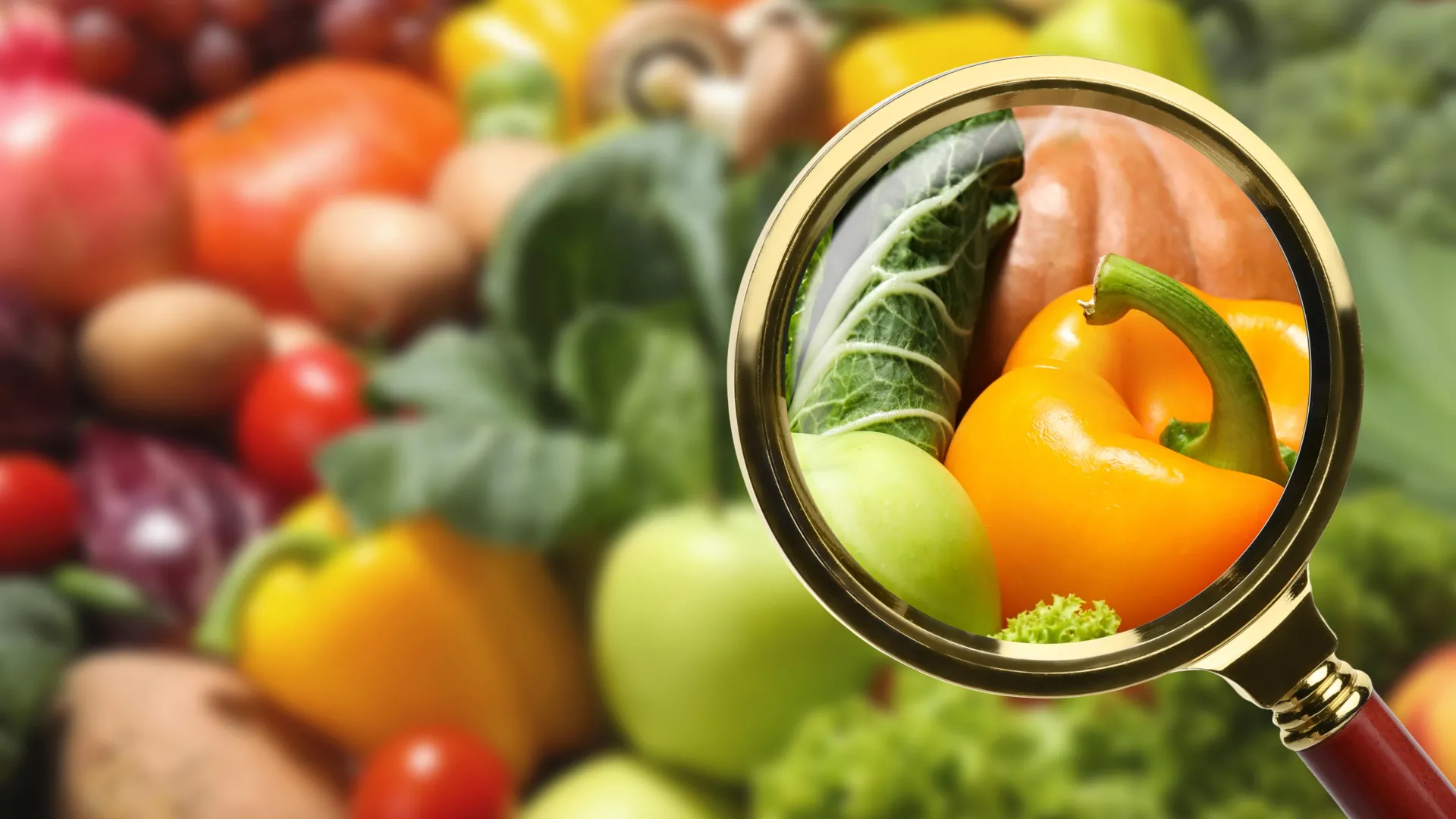Now Reading: Climate Change Trade-Off: Bigger Harvests, Lower Nutrition
-
01
Climate Change Trade-Off: Bigger Harvests, Lower Nutrition
Climate Change Trade-Off: Bigger Harvests, Lower Nutrition

Quick Summary:
- Research led by Jiata Ugwah Ekele, a PhD student at Liverpool John Moores University, focuses on how rising CO₂ levels and temperatures impact the nutritional quality of food crops.
- Elevated atmospheric CO₂ can make crops grow bigger but compromises their nutritional value, reducing key minerals like calcium and antioxidants.
- Higher temperatures exacerbate these effects, resulting in smaller growth rates and intensified nutrient quality decline.
- Different crops responded differently to climate stressors; research highlights diversity in reaction based on crop type.
- Nutritional imbalances due to climate change pose risks such as reduced immune function and increased conditions like obesity and diabetes from heightened sugar concentrations.
- This study used controlled growth chambers with future UK climate scenarios for leafy vegetables (kale, rocket, spinach). advanced methods such as HPLC analyzed nutrient content changes under simulated environmental stressors.
- The findings have health implications globally but notably affect low-income countries reliant on agriculture for sustenance amid overlapping challenges like drought or soil degradation.
Indian Opinion Analysis:
The findings underscore urgent concerns for India’s food security amid climatic disruptions that could impact nutrition beyond mere yield levels of staple crops such as rice or millet central to Indian diets. Rising CO₂ flushing sugars into staple foods resonates specifically with India’s public health challenges like diabetes prevalence-an issue compounded if irrigation systems face heatwave adaptations depleting micronutrient!
should stakeholders proactively develop organized layered resilience ?! e align-funding partnerships/broader scientific outreach visionary fewclature.dom;?>Read More

























